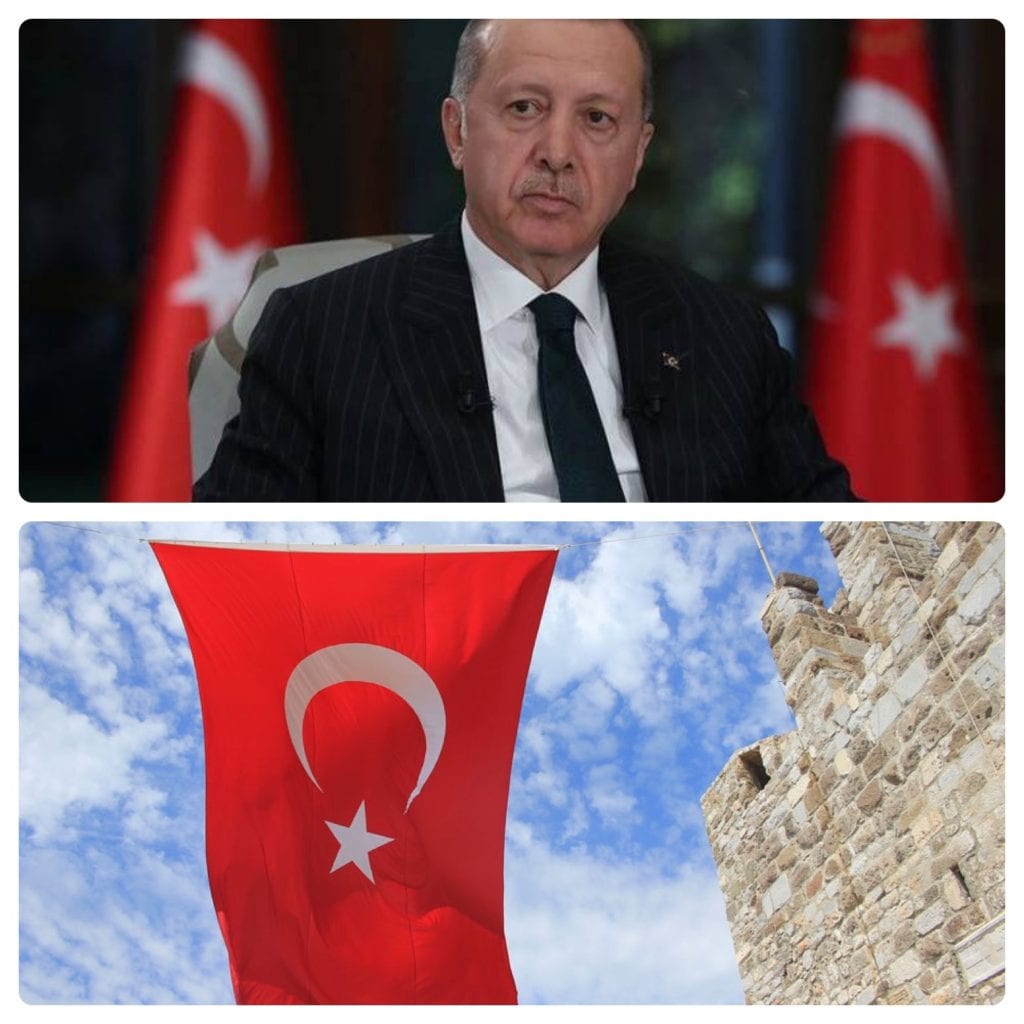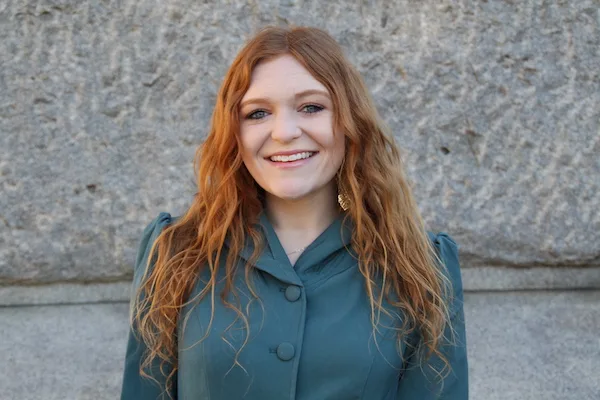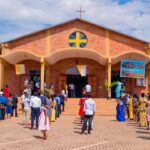The non-profit organization In Defense of Christians (IDC) held an urgent briefing on Friday, October 16 on what they deem to be Turkey’s genocidal campaign against ancient Christian communities in the Middle East, most notably in Armenia. IDC and its panelists urged the Trump Administration to take a stronger stance against Turkey’s aggression, and laid out concrete policy proposals on how it could do so.
This briefing was held in the wake of an eruption of fighting between Armenia and Azerbaijan over the Nargorno-Karabakh region, a conflict that traces its modern roots to 1988, when both Armenia and Azerbaijan were Soviet states. The conflict reemerged on Sunday, September 27 when Azerbaijan launched a military operation in the region. Turkey swiftly intervened on the side of the Azeris.
Toufic Baaklini, president of In Defense of Christians, commenced the briefing with a strong condemnation of Turkish President Recep Tayyip Erdoğan and a plea to the Trump Administration. “He [Erdoğan] helps terrorism in the Middle East, and he’s trying to spread his terrorist activities all over,” stated Baaklini, in reference to Turkey’s recent mobilization of ISIS fighters into Azerbaijan. Baaklini called on Trump to “heavily sanction Turkey and reassess the entire relationship.”
Despite Turkey’s recent rogue actions and the threat Erdoğan’s regime poses to Christians in the region, Baaklini has not lost hope. “This is where Christianity began, and this is where Christianity is going to stay, with our help and support.”
The briefing featured prominent panelists, including Michael Rubin of the American Enterprise Institute, Aram Hamparian of the Armenian National Committee of America, Endy Zemenides of the Hellenic American Leadership Council, Robert Avetsiyan, Permanent Representative of the Nagorno Karabakh Republic to the United States, and IDC’s Rich Ghazal.
Permanent Representative Avetsiyan, who was in the Republic of Artsakh (the ethnic Armenian declared state surrounded by Azerbaijan) at the time of the briefing, stated, “If Turkey was before behind the scenes, now they’re completely hands on,” in reference to Turkey’s involvement in the conflict. He also cited the need to consider all factors, including the religious component, in bringing the conflict back to normal.
Michael Rubin, Resident Scholar at AEI, prefaced his remarks with the fact that he was speaking in the briefing as a defense analyst. Rubin stated that in DC policy circles “there has always been an excuse until this point for Turkey’s behavior.” Rubin also touched on the religious component of the conflict, stating, “It seems clear now that Turkey’s sole motivation… has been purely animosity not just to Armenians as a people, but to Christianity as a religion.”
Rubin’s remarks regarding halting making excuses for Turkey’s behavior followed an October 14 press conference in which Secretary of State Mike Pompeo spoke on the Nagorno-Karabakh conflict and stated, “We’ve watched Turkey begin to reinforce Azerbaijan. We have asked every international player to stay out of the region, not to continue to reinforce trouble, and we are working to deliver that.”
Endy Zemenides, executive director of the Hellenic American Leadership Council, referenced the historical context of the escalated Turkish aggression. “As we approach the centennial of the Turkish Republic, Erdoğan thinks his work is not done,” stated Zemenides. He also emphasized the need for the Trump Administration to hold Turkey accountable by immediately imposing sanctions on the regime.
IDC’s Rich Ghazal elaborated on the urgent need for U.S. action. He stated, “Erdoğan perceives U.S. and NATO silence as weakness,” and that Erdoğan speaks only “one language, and that is strength.” Additionally, Ghazal asserted that Turkey’s current campaign against Assyrian Christians in the Middle East “meets the internationally-recognized definition of genocide.”
Aram Hamparian, executive director of the Armenian National Committee of America, emphasized the importance of Armenians’ Christian identity in instigating Turkey’s aggression. Hamparian referenced the fact that Artsakh was the only part of the Soviet Union that was not allowed to operate a single church, as Soviet leaders feared the power of Christianity in the territory. He linked this to Erdoğan’s desire to “create a Turkey for the Turks,” rid of non-Muslim minority groups.
Aside from sanctions, what other policies can the Trump Administration enact? Endy Zemenides believes that Turkey should be designated a “country of particular concern” by the United States Commission on International Religious Freedom. Michael Rubin emphasized the importance of Republicans and Democrats in Congress in standing forward and acting on this issue.
Overall, the panelists believe that U.S. officials, specifically the president and secretary of state, can play a crucial role in the cooling of this conflict. Moreover, the briefing made clear that this is no longer just a conflict between Armenia and Azerbaijan over the Nagorno-Karabakh territory. It ultimately boils down to the existence of the remaining Christians in the Caucasus and Middle East — the erasure of which inspires Turkey’s interference and aggression.
No comments yet






Leave a Reply